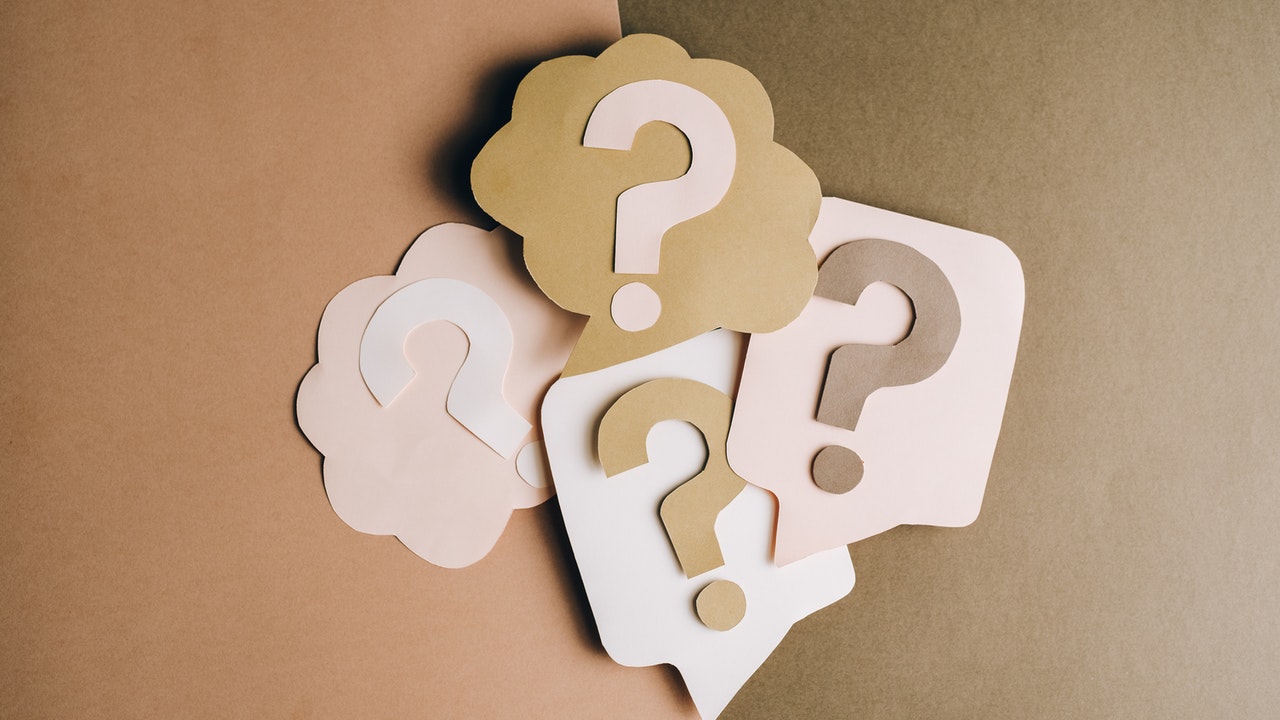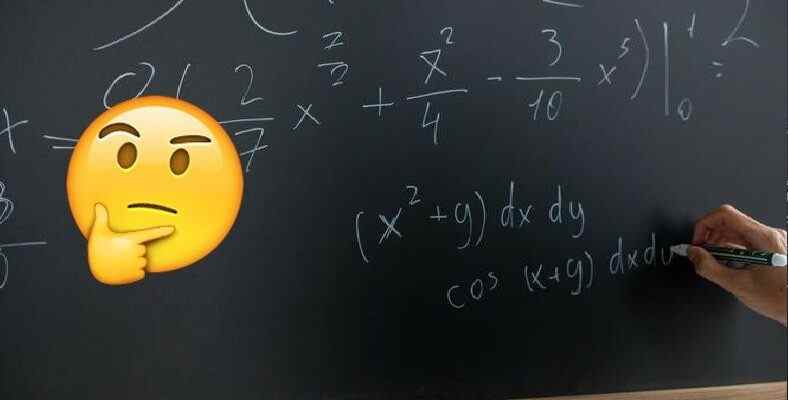Do the results of IQ tests reflect our true intelligence level? We are not the only ones asking this question. Scientists are also pursuing the same question and have not yet found a clear answer.
Contrary to what is known today IQ tests are not tests created to measure IQ! The tests created and administered by French psychologists in 1905 under the name “Binet-Simon” were used to identify children who needed individual help in addition to school. Like many things that change over time, the purpose of these tests began to change. The Binet-Simon test, which was rearranged by psychologists and created new ones, has thus become a measure of people’s intelligence.
Do IQ tests really measure our intelligence?
Rider University Psychologist Stefan C. Dombrowski in New Jersey said that these tests did not have a very bright history; He specifically states that in the past, it was not carried out with objective and valid measurements. At the time of these tests, Dombrowski said ”breeding workseen as ” eugenics movementwhat helps and cause many people to be sterilized he adds.
The importance of interpretation in IQ tests

Dombrowski, who meticulously tries to make sense of the validity of IQ tests by using statistical techniques, sees interpretation as the most important condition for IQ tests to be valid. Stating that there are no guarantees in the field of psychology as in medicine, the psychologist said, that the existing ethical codes cannot prevent the inappropriate interpretations that have been going on for centuries. He believes that the field should develop at this point.
Common mistake in IQ test interpretations
According to Dombrowski, when interpreting IQ tests one of the most common mistakes is to consider any result found in the test rather than the general result of the IQ test is coming. IQ tests; Although it measures various abilities such as working memory, fluent reasoning, verbal comprehension, Dombrowski explains that science indicates that IQ tests are not sufficient to measure each ability separately, and that if an IQ test is to be taken as a basis, it should be considered to measure a person’s general intelligence.
It is wrong to surrender to IQ tests, questioning is necessary.

Steven Piantadosi, a cognitive scientist at the University of California, He thinks it is a mistake to surrender to IQ tests without question.. Piantadosi, who works on human cognition and language with the method of cross-cultural psychology, recently wrote in the tweet series he created on his Twitter account; He stated that he saw it as a responsibility to speak up against fabricated claims about intelligence.
Piantadosi said that it is a problem that people’s IQ scores can change according to the situation and conditions: ”IQ tests are known to be sensitive to things like motivation and coaching. This means that if you try less, you won’t get a very high score, or if you don’t know the strategies people use during the test, you won’t get as high a score. I think it would be a mistake to judge people’s true ability by how much effort they are willing to put into a test.” says.
Culture has a big impact on IQ tests

Another problem with IQ tests is the cultural bias reflected in the nature of the test. Piantadosi and his team mostly Tsimane natives of Bolivia working with The team noticed that most Tsimane did not use tags for shapes. In such a case, the person applying the IQ test should not change the test measurements; It can affect your IQ score.
Piantadosi explains the dilemma created by the Tsimane Indians’ approach to shapes: ”People who do not give names to shapes, when it comes to a task such as naming shapes, they do this task differently from us. Just like the Tsimane natives. There are various leaf shapes that they name. We do not know the names of these shapes; but they know.”
Combating bias in IQ tests

Stefan C. Dombrowski, that all tests are biased at some point; But he notes that IQ test publishers try to eliminate as much as possible biased individual test questions and questions where statistically a particular ethnic group or race performs poorly.
IQ tests disadvantage minority groups
Ohio State University Educational Psychologist Donna Y. Ford disagrees with some scientists and does not find what is being done good enough. Ford: ”IQ tests are culturally, linguistically, and economically highly biased towards minority students, particularly Black and Hispanic students..” he says and adds: ”If they weren’t, we wouldn’t get test scores that vary by ethnicity and race; but we do. This shows that the tests are the problem, not us.”
Research by Ford, along with many other studies, shows that biased IQ tests exclude high-potential minority students from gifted education programs. Ford, who has been working on multicultural gifted education for more than 30 years, Although there are some improvements for Hispanics, the same cannot be said for Black students.underlines.
IQ tests must continue to exist

While improvements are absolutely necessary, both Dombrowski and Ford favor the continued existence of IQ tests. The duo is of the opinion that IQ tests can be useful as part of people’s general abilities. Only the person taking the test can determine whether the tests are interpreted correctly and used for the benefit of the person being tested. Dombrowski sums it up this way: ”IQ tests are a tool. This tool; it either promotes the well-being of the person or makes the person miserable.”
